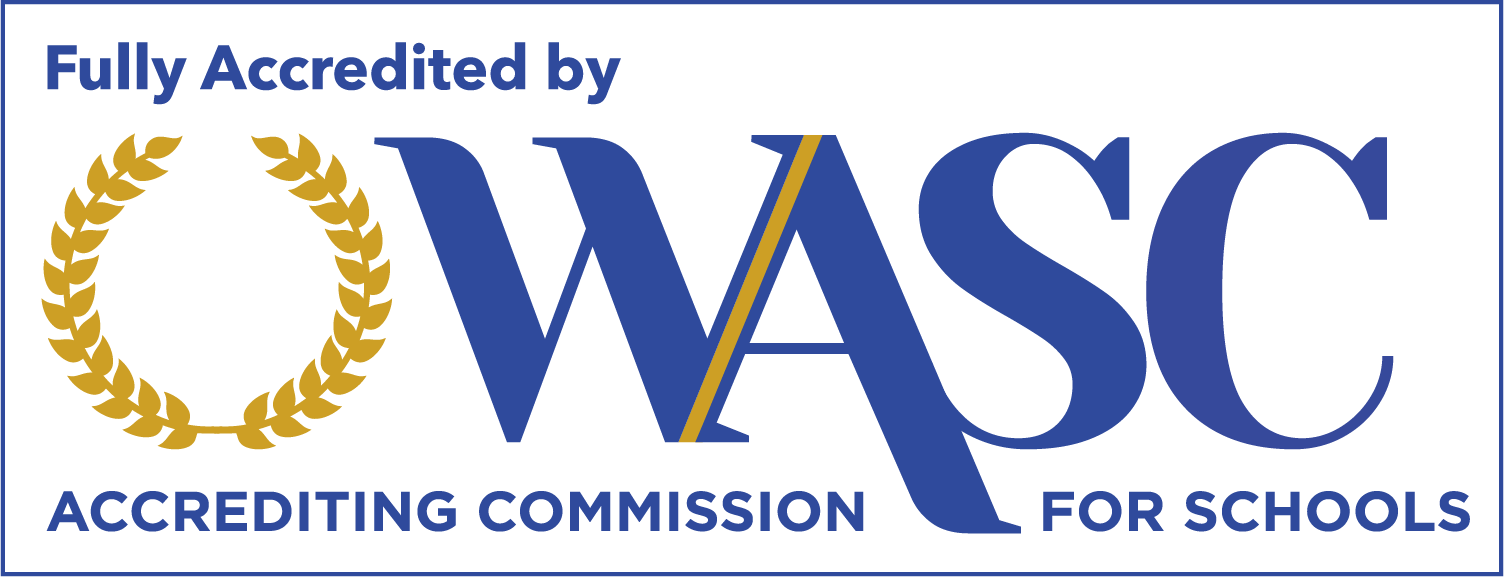Anxiety and Learning: How Dyslexia Fuels Academic Stress and Hinders Success
Have you ever watched your bright, capable child become increasingly anxious about school, homework, or reading aloud? What starts as an academic struggle often transforms into a cycle where anxiety and learning difficulties feed off each other, creating barriers that seem impossible to break. For students who learn differently, particularly those with dyslexia, this emotional toll can be just as challenging as the learning difference itself.
The Hidden Connection Between Dyslexia and Anxiety
Research consistently shows that students with dyslexia experience anxiety at significantly higher rates than their neurotypical peers. When bright children repeatedly struggle with tasks that seem effortless for others, they begin to internalize feelings of inadequacy and failure. This creates a destructive cycle where academic anxiety actually makes learning more difficult.
Evidence-based studies reveal that chronic academic stress triggers the brain’s fight-or-flight response, which directly interferes with the cognitive processes needed for reading, writing, and learning. For students who learn differently, this means their natural learning challenges become compounded by anxiety-induced barriers.
Key anxiety symptoms that often accompany dyslexia
Avoidance behaviors around reading or homework
Students may suddenly need the bathroom when it’s time to read, claim they “forgot” their book, or become defiant when asked to complete literacy tasks
Physical symptoms like stomachaches before school
Many children develop genuine physical complaints—headaches, nausea, or fatigue—that often occur Sunday nights or Monday mornings as they anticipate the school week
Perfectionism that leads to task avoidance
Students may refuse to start assignments because they fear making mistakes, spend excessive time on simple tasks, or repeatedly erase and restart their work
Negative self-talk about academic abilities
Children begin saying things like “I’m stupid,” “I hate reading,” or “I’ll never be good at school,” reflecting their internalized frustration with learning challenges
Sleep difficulties related to school stress
This includes trouble falling asleep due to worry about the next school day, nightmares about school scenarios, or early morning wake-ups accompanied by anxiety about upcoming assignments or tests
How Traditional Educational Approaches Increase Anxiety
Many well-meaning educators unknowingly increase anxiety and learning difficulties by using approaches that don’t match how dyslexic brains process information. When students are asked to read aloud without warning, complete timed assessments, or use traditional phonics programs that don’t work for their unique learning style, anxiety levels skyrocket.
Research from the International Dyslexia Association shows that students who don’t receive appropriate, structured literacy instruction often develop secondary emotional issues, including anxiety, depression, and behavioral problems. These emotional challenges can persist long after academic skills improve if not addressed simultaneously.
READ Academy’s Evidence-Based Approach to Reducing Academic Anxiety
As Sacramento’s premier dyslexia specialist, READ Academy understands that addressing the emotional component of learning differences is just as important as addressing the academic challenges. Our multisensory instruction approach naturally reduces anxiety because it works with, rather than against, how dyslexic brains learn best.
Our Approach to Learning Based Anxiety Includes
Systematic, Structured Literacy Instruction
We use the Wilson Reading System and other research-backed approaches that provide students with predictable, systematic ways to decode language. When students have reliable strategies that work consistently, their confidence grows and anxiety decreases.
Small Group Instruction for Emotional Safety
With our small class sizes, students receive individualized attention in a supportive environment. There’s no pressure to keep up with a large class or fear of being called on unexpectedly. Students can take academic risks knowing they’re in a safe, understanding space.
Strength-Based Learning Environment
At READ Academy, we celebrate what students can do while systematically building skills in challenging areas. Our evidence-based curricula focuses on progress and growth, helping students develop a positive academic identity.
Breaking the Anxiety-Learning Cycle with Specialized Support
Sacramento Structured literacy programs like those offered at READ Academy specifically target the root causes of both learning struggles and academic anxiety. When students receive instruction that matches their learning style, several positive changes occur:
- Immediate success experiences build confidence
- Predictable learning systems reduce uncertainty and anxiety
- Small victories accumulate into significant progress
- Academic identity shifts from “struggling student” to “capable learner”
“We wanted to express our heartfelt gratitude for creating such a welcoming and nurturing environment for our daughter. Your dedication to providing her with the necessary resources to learn and grow is truly appreciated. We have witnessed the positive impact your academy has had on her educational journey.” — READ Academy Parent
Our Sacramento learning support for dyslexia extends beyond academics to include emotional support and confidence-building. Students learn that dyslexia is not a limitation but a different way of processing information – one that often comes with unique strengths and abilities.
Ready to learn more about our assessment process? Contact us today to schedule a comprehensive evaluation that examines both academic and emotional factors affecting your child’s learning.
The Transformation Process: From Anxiety to Confidence
When students receive appropriate, structured literacy instruction in a supportive environment, the anxiety-learning cycle reverses. As academic skills improve through evidence-based methods, stress decreases. As stress decreases, learning becomes more efficient. This positive cycle builds momentum, creating lasting change in both academic performance and emotional well-being.
“Since our son started going to Read Academy, his behavior has improved his reading and writing has improved tremendously. The teachers and staff are amazing.” — READ Academy Parent
Signs of successful intervention include:
- Decreased resistance to homework and reading
- Improved sleep and reduced physical anxiety symptoms
- Increased willingness to take academic risks
- Positive self-talk about learning abilities
- Transfer of confidence to other life areas
Comprehensive Assessment: Understanding the Full Picture
Our Sacramento dyslexia assessment services examine both academic skills and emotional factors that may be impacting learning. We understand that anxiety and learning difficulties often mask each other, making accurate assessment crucial for effective intervention.
Our assessment process includes:
- Comprehensive evaluation of reading, writing, and language skills
- Identification of learning strengths and challenges
- Detailed recommendations for both academic and emotional support
This thorough approach ensures that we address not just the symptoms of learning struggles but the underlying causes, including any anxiety that may be hindering academic progress.
Learn more about our assessment process and scheduling
Frequently Asked Questions About Anxiety and Learning Differences
Q: How quickly can anxiety be reduced once my child starts receiving appropriate dyslexia intervention?
A: Many families report seeing decreased school-related anxiety within the first few weeks of enrollment at READ Academy. As students experience success with our evidence-based curricula and multisensory instruction, their confidence grows rapidly, often leading to reduced anxiety both at home and at school.
Q: Can anxiety actually make dyslexia symptoms worse?
A: Absolutely. Research shows that chronic stress and anxiety interfere with the cognitive processes needed for reading and learning. When students are anxious, their working memory is compromised, making it even harder to process language. Our Sacramento structured literacy approach specifically addresses this by creating predictable, successful learning experiences.
Q: Will my child need counseling in addition to specialized academic support?
A: While READ Academy’s supportive environment and confidence-building approach often significantly reduce anxiety, some students benefit from additional counseling support. We work closely with families to determine the best comprehensive support plan for each child’s unique needs.
Take the First Step Toward Transformation
If your child is experiencing anxiety and learning difficulties, you don’t have to navigate this challenge alone. As Sacramento’s leading dyslexia specialist, READ Academy has the expertise and compassion to help your child develop both academic skills and emotional resilience.
“Great school. Son went to summer school and tutoring. Both were a positive experience. After every session, my son is in a great mood, feeling positive, and continues to make reading progress. I would absolutely recommend the program.” — READ Academy Parent
Your Child’s Bright Future Starts Now
Picture your child walking into school with confidence, approaching homework without tears, and discovering their unique strengths. At READ Academy, we make this transformation possible through our evidence-based programs that specifically target the connection between anxiety and learning.
Don’t let anxiety and learning struggles define your child’s educational journey. At READ Academy, we believe every student who learn differently can thrive academically and emotionally with the right support and understanding.
Ready to transform your child’s educational experience?
Contact READ Academy today at (916) 258-2080 to learn how our Sacramento structured literacy programs can transform your child’s educational experience. Take the first step toward helping your child discover their potential and develop a positive relationship with learning.
Schedule a Private Tour | Contact Us | Learn More About Our Programs
Additional Resources
- International Dyslexia Association – Leading authority on dyslexia research and evidence-based practices
- U.S. Department of Education – Learning Disabilities – Federal resources for special education and learning differences
About the Author: Leah Skinner, M.Ed., Founder of READ Academy, holds a Master of Education: Dyslexia Specialist and is a Doctoral Candidate in Reading, Literacy, and Assessment. As a passionate Certified Dyslexia Therapist and Education Advocate with over 20 years of experience and mother of five neurodiverse sons, she guides Sacramento families through every step of their educational journey, fostering confidence, independence, and lifelong academic success.




